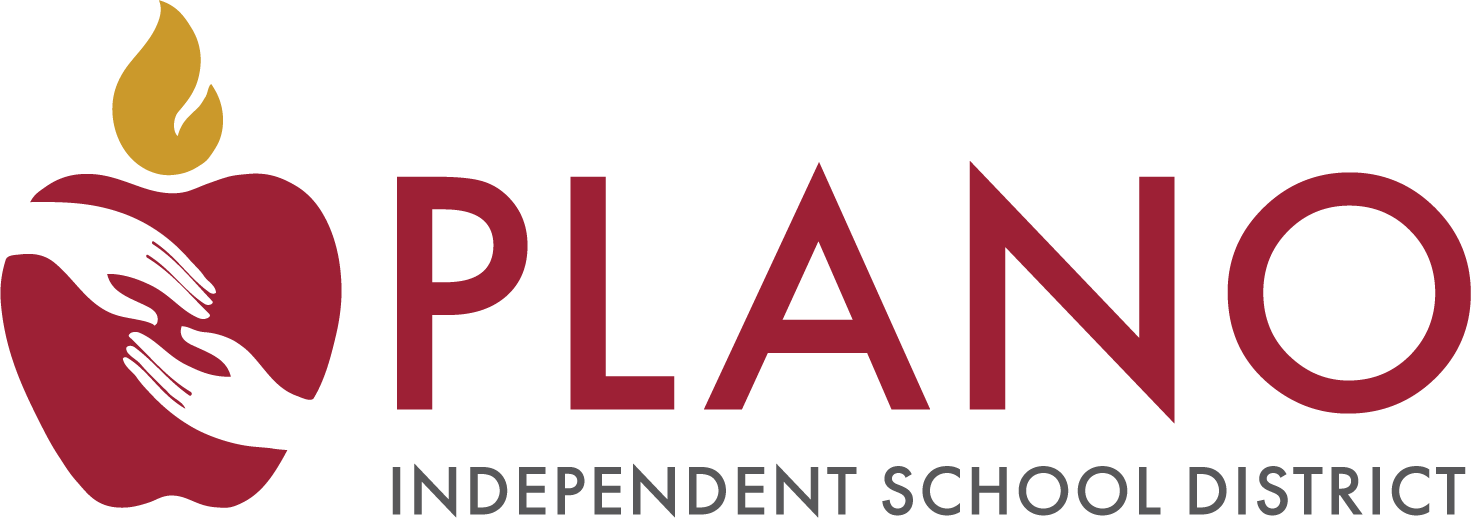| Earlier this week, the Senate concurred with the House’s amendments to Senate Bill 2, the Education Savings Account legislation. This sends the bill to the Governor’s desk for signature and means the new program will begin in the 2026-2027 school year. The Texas House has two committees responsible for managing the legislative calendars for the House, the Calendars Committee and the Committee on Local and Consent Calendars. One of the calendars that helps manage the time available for debate is the Local, Consent, and Resolutions Calendar which bundles together bills or resolutions that are local or non-controversial so not every bill has to be debated on the floor. This calendar is how most bills end up being passed and preserves time on the floor for other bills. However, just five members can object to a bill on this calendar to force it to the main calendar. On Friday, for the second straight time, a handful of Republicans objected to every bill authored by a Democrat on the Local and Consent Calendar which caused retaliation from Democrats who objected to every Republican bill on the Local and Consent Calendar forcing almost all bills to the main floor calendar. This is likely to create a substantial bottleneck and drastically slow the progress of passing legislation in the House. |
|
|
| - 1482 public education bills filed
- 330 bills have been heard in committee
- 111 bills passed out of originating committee
- 95 bills passed out of original chamber
- 3 bills passed out of both chambers
- 1 bill sent to the Governor
- 27 bills scheduled for hearing next week
|
|
|
Bills are prioritized based on the expected impact to the district or the level of public attention garnered by the bill, not based on the preferences of the district. High priority bills are either a state leadership priority, related to a Plano ISD legislative priority, would require significant resources to implement a change in district policy, practice, or procedures, or would otherwise significantly impact the district. |
|
|
MAJOR LEGISLATION MOVING THROUGH THE PROCESS Several bills have made significant progress through the legislative process so far this session including: - HB 6 is the House priority school discipline bill. The bill:
- Clarifies that the 3-day limit on suspension applies only to out-of-school suspension and adds a 10-day limit on in-school suspensions
- Expands the reasons for which students in grades below third grade can be placed in out of school suspension to include conduct that threatens immediate health and safety of other students in the classroom or conduct that results in repeated or significant disruption to the classroom
- Removes the requirement to place students in DAEP for related to VAPEs
- Creates a virtual expulsion option
- Creates an expedited process to allow a district to request a court order to remove a special education or 504 student from their educational setting if a threat assessment determines the student’s presence is substantially likely to result in physical harm; requires the court to decide on the request within five days if the district provided substantial evidence to satisfy requirements and, if so, may order the district to remove the student from the current educational setting; requires the court to consider results of a threat assessment conducted, any findings made by the ARD committee or 504 committee and any other relevant information
- SB 11 requires the board to take a record vote on a policy to designate a period of prayer and reading the bible or other religious text at every campus
- SB 12 requires school districts to accept transfers from other school districts, prohibits DEI functions, requires school districts to adopt parental engagement policies, extends timelines for grievance procedures, allows a grievant to add additional evidence at any point, requires a superintendent to testify in front of the SBOE if 5 appeals to the Commissioner are found against the school district in a single year, and prohibits student clubs based on sexual orientation or gender identity.
- SB 569 allows for virtual education. The bill:
- Allows districts to provide hybrid or virtual courses, including full-time programs of hybrid or virtual courses and provides funding
- Requires school districts to allow students enrolled in full-time or hybrid courses or programs to participate in extracurricular and UIL activities
- Prohibits school districts from requiring classroom teachers to provide virtual and in-person instruction for a course simultaneously, subject to waivers that can be issued by the Commissioner
- Allows school districts to charge tuition and fees for out-of-state students or students who are not enrolled in the district to receive a virtual or hybrid course
HOUSE PUBLIC EDUCATION COMMITTEE On Tuesday, the House Public Education Committee is scheduled to meet and consider 17 House bills and 2 Senate bills: - HB 4 as introduced provides significant additional authority to the Commissioner to make changes to the accountability system and prohibits school districts from suing the state regarding the accountability system. However, the bill is expected to have significant changes in a committee substitute that has not yet been provided publicly.
- HB 54 requires student codes of conduct to prohibit non-human behavior by a student and makes allowing or encouraging, in an educational setting, a child to develop a dependence on or a belief that non-human behaviors are societally acceptable abuse.
- HB 775 requires districts to allow homeschool students to participate in UIL activities unless the board of trustees takes a record vote and declines to grant non-enrolled students access.
- HB 850 addresses defibrillators in schools. The bill:
- Requires school districts to have the number of defibrillators necessary for a defibrillator to be accessible from any location on campus so that care may be provided within 3 minutes of being notified of a possible medical emergency
- Requires school principals to consult guidelines from the American Heart Association to determine placement of the defibrillators
- Requires school districts and private schools to develop and implement a cardiac emergency response plan including the establishment of a cardiac emergency response team, procedures for activating the team, the dissemination of the plan throughout each campus, ongoing training, annual drills, and annual review and revision of the plan as needed; creates a grant program to assist districts with implementing a cardiac emergency response plan
- HB 1122 decreases the required student to counselor ratio from 500 to 1 to 300 to 1 over the next ten years and applies the student to counselor ratio to all campus levels.
- HB 1249 allows school districts to use a writing portfolio assessment to assess writing performance for students instead of the portion of the reading, English I, or English II STAAR that is not multiple choice; a writing portfolio assessment must be developed in consultation with an institute of higher education and be submitted to TEA for approval.
- HB 1405 is related to bullying. The bill:
- Adds targeting a victim on the basis of religion, disability, race, ethnicity, color, national origin, sex, or association with a person or group with one or more of those characteristics to the definition of bullying
- Adds a requirement that a district employee who witnesses or receives information about possible bullying to report it to the appropriate administrator
- Requires the policy related to bullying to set out the supportive measures provided by the district to those involved
- Sets out specific procedures for bullying investigations, including notice requirements and the opportunity for each impacted student and students' parent or guardian to review and comment on the investigative report before it is finalized
- Requires school districts to provide non-punitive or disciplinary supportive measure to students impacted by bullying
- Requires reporting to the TEA of bullying incidents to specify the number of incidents that are based on religion, disability, race, ethnicity, color, national origin, or sex
- HB 2336 requires employment policies to allow employees the right to present grievances in person to the Board.
- HB 2757 allows school districts to adopt policies to allow a parent or guardian who is an active-duty member of a foreign military force stationed in the state to establish age eligibility for enrollment in a public school by demonstrating that the child will turn the required age during the school year in which the child is seeking admission.
- HB 3372 prohibits school district administrators from performing personal services or receiving financial benefit for performing personal services for any business entity that conducts or solicits business with the school district, an education business that provides services regarding curriculum or administration of any school district, or with another school district.
- HB 3622 increases ADA funding for optional flexible school day programs and dropout prevention programs.
- HB 4442 requires school districts to offer an elective course on mindfulness to secondary students.
- HB 4687 makes members of the governing body of a charter school immune from liability to the same extent as a school district trustee and makes operators of adult high school charter programs immune to liability for suit to the same extent school districts are.
- HB 4893 creates a "Breakthrough Program" to assist students who are the first in their families to pursue and attain a postsecondary certificate or diploma or who are eligible for free and reduced lunch and requires the Commissioner to take certain actions to support the program.
- HB 5089 addresses creation of a district by detachment of property. The bill:
- Changes the process for creating a school district by detachment to require a petition to do so to be initiated by at least 20% of registered voters from the existing district
- Requires the petition to be submitted to the State Board of Education instead of a county commissioner's court; requires an election if the petition is valid
- Requires the State Board of Education to equitably distribute property and indebtedness if a new district is created by detachment
- HB 5515 limits freight and shipping costs charged by a provider of instructional materials to the actual cost of freight or shipping incurred by the provider.
- HB 5606 creates a statewide sick leave bank using accrued sick leave days of employees upon their retirement.
- SB 10 requires public schools to display a copy of the ten commandments in every classroom, if the posters, or funds for the purchase of posters, are donated to the school and allows, but does not require, public schools to purchase posters to display the ten commandments with district funds.
- SB 24 requires the inclusion of an understanding of communist regimes and ideologies within the social studies curriculum for 4-12 and outlines specific standards required to be included.
The Senate Education K-16 Committee has not yet posted a hearing for next week. |
|
|
If you were forwarded this email and you would like to be added to the distribution list for our newsletters, you can sign up here. |
|
|
|






